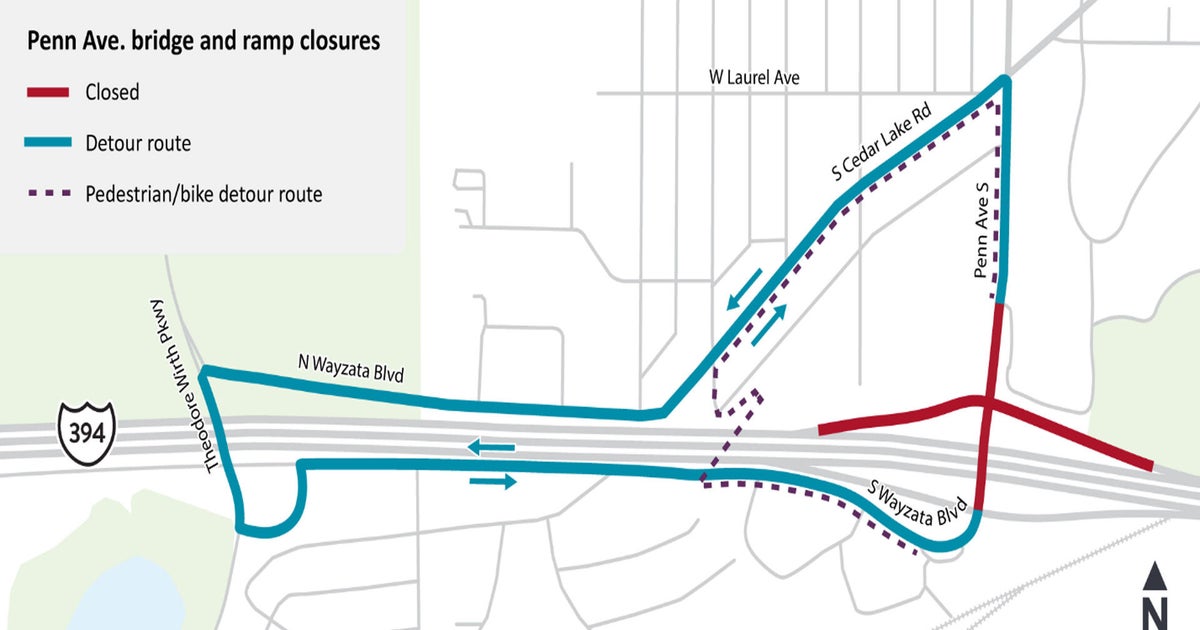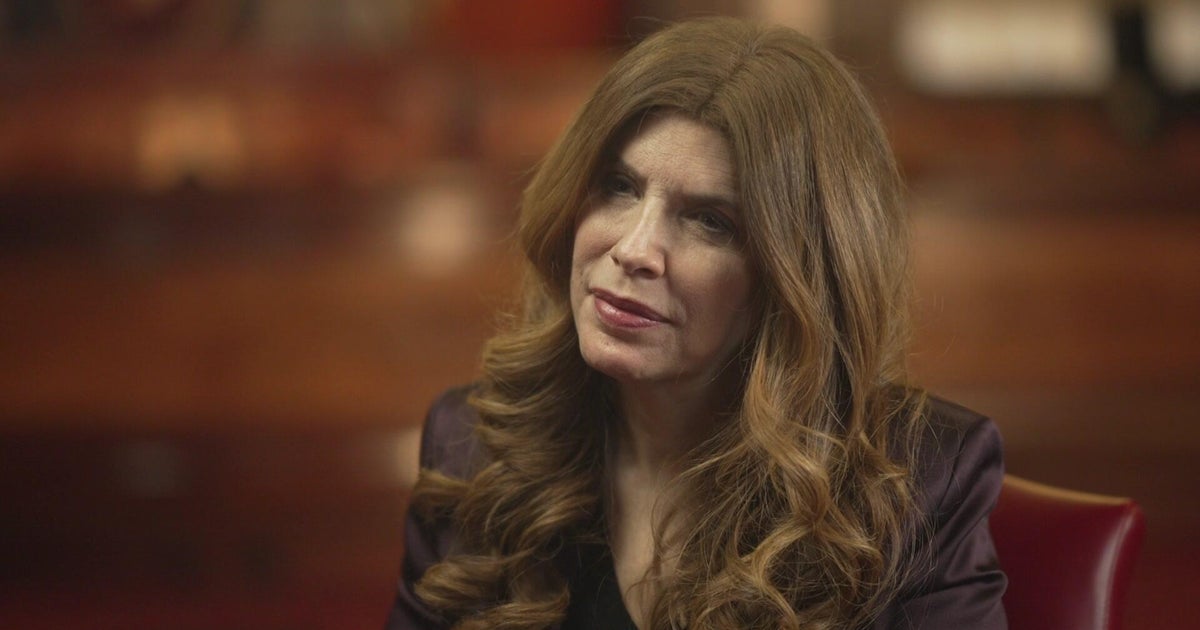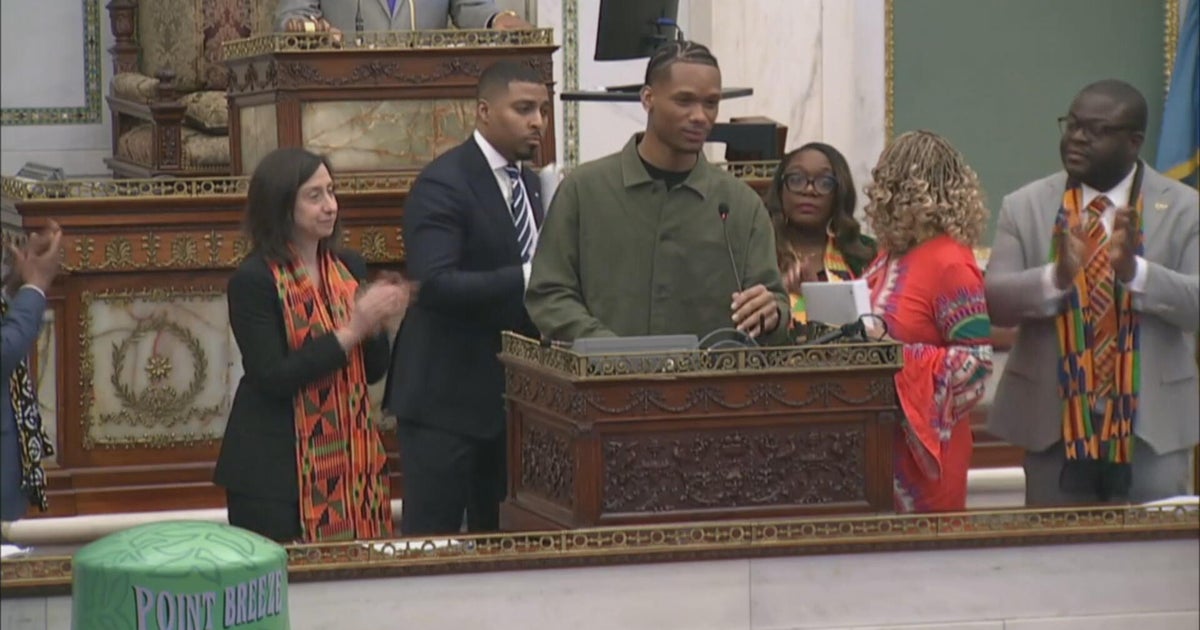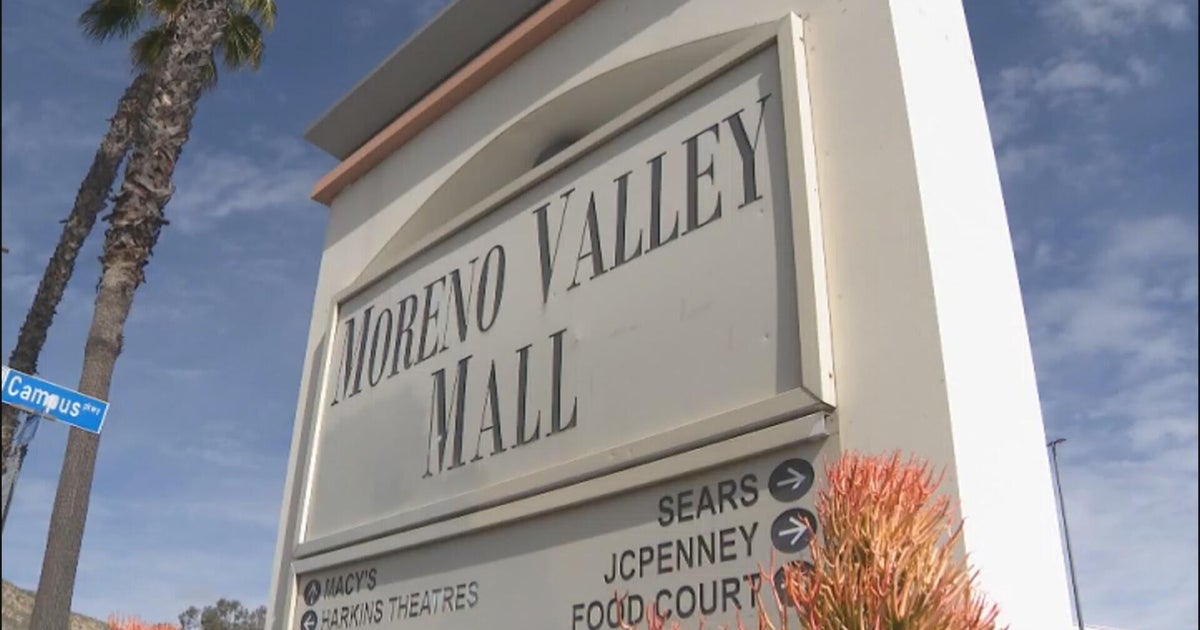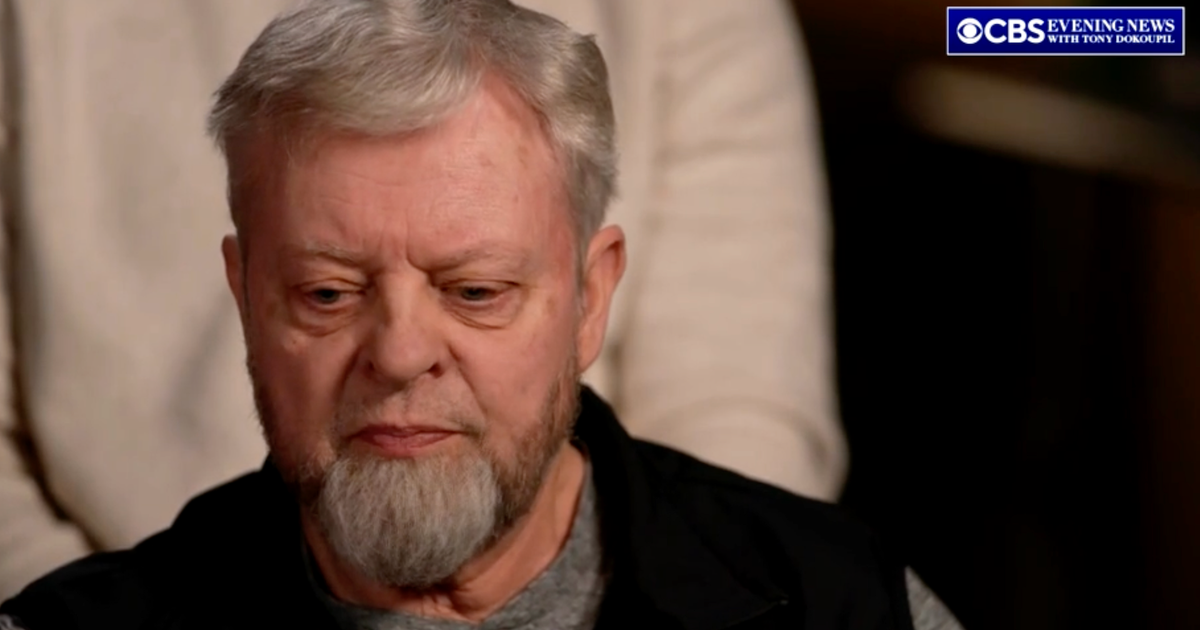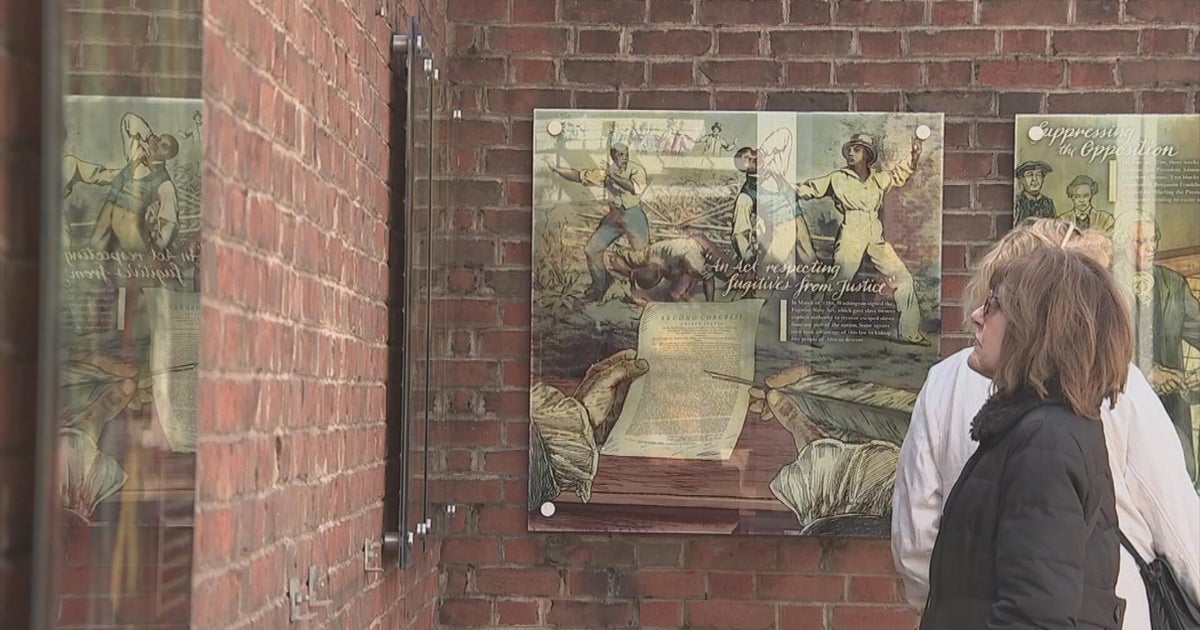Task force weighs alternatives to current Met Council structure
ST. PAUL, Minn. -- A new task force is considering changes to the governing structure of the Met Council following intense scrutiny of its management of the Southwest Light Rail project, which faces cost overruns and delays.
"My view is the legislature created the Met Council and so it's really up to the legislature to fix the Met Council if there are problems with it. And that's really our goal here," said Rep. Frank Hornstein, DFL-Minneapolis, who chairs the panel.
The 14.5-mile extension of the Metro Green Line from downtown Minneapolis to Eden Prairie is the most expensive public works project in state history at $2.7 billion–a current price tag more than double the initial estimates.
The nonpartisan Office of Legislative Auditor in recent reports determined the regional planning agency was not fully transparent about the project's change orders and setbacks and that there were "deficiencies" in its management of the project.
The findings fueled even more criticism from Republicans and Democrats in the state legislature. Lawmakers this year formed the Metropolitan Governance Task Force in response to evaluate potential reforms that would add more transparency within the organization. The Met Council is made up of 17 governor appointees.
Hornstein has been one of the biggest critics of the status quo. He thinks members should be directly elected by – and directly accountable to – taxpayers.
But not everyone shares his view and his proposal to do that did not pass. Some other ideas for changes include making the Met Council a mix of elected members and appointees; staggering their terms; and shifting some of its responsibilities to local governments.
The Met Council did not provide a response to an email seeking comment Wednesday, though the regional planning agency in the past has not taken a position on what alternative form of governance it would prefer.
Members defer that decision to the legislature and the governor.
"I think there is consensus that there does need to be change," Hornstein told WCCO Wednesday. "What that ultimately looks like is what the task force is going to be addressing."
Rep. Jon Koznick, R-Lakeville, is firmly against making the Met Council elected. He worries that members will lose sight of their focus–regional planning–if they are campaigning for their seats.
Elections for these positions would also be costly, he said.
"An elected Met Council comes with a lot of other hidden interests that I don't think gets us to more transparency and accountability that people think it does," Koznick said.
He authored legislation last session that would change the nominating process for the Met Council so local leaders in cities and counties, who are accountable to voters, have more of a say in the process.
It would also stagger their terms.
"That would take some of the politics out of it when just the governor appoints it," he said.
The project is 75% complete and is expected to open in 2027. A forthcoming Legislative Auditor probe will dive deeper into the Council's financial decisions for the transit line's construction.
A separate report from 2016 by the Citizens League made similar recommendations. The task force will continue meetings in the interim and draft a report with ideas for lawmakers to consider when they return to St. Paul next session in February.

